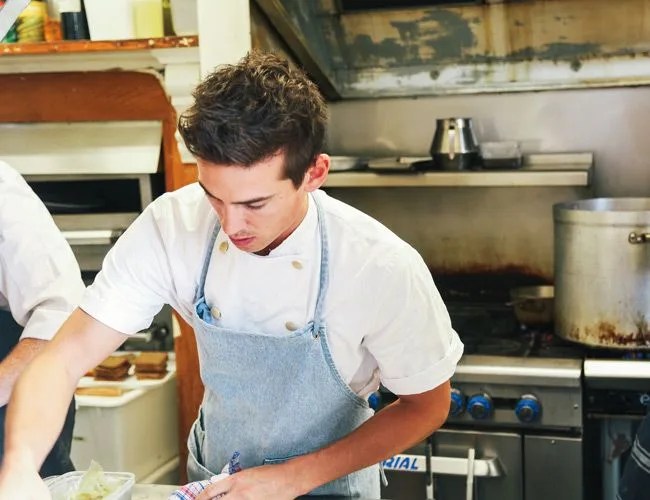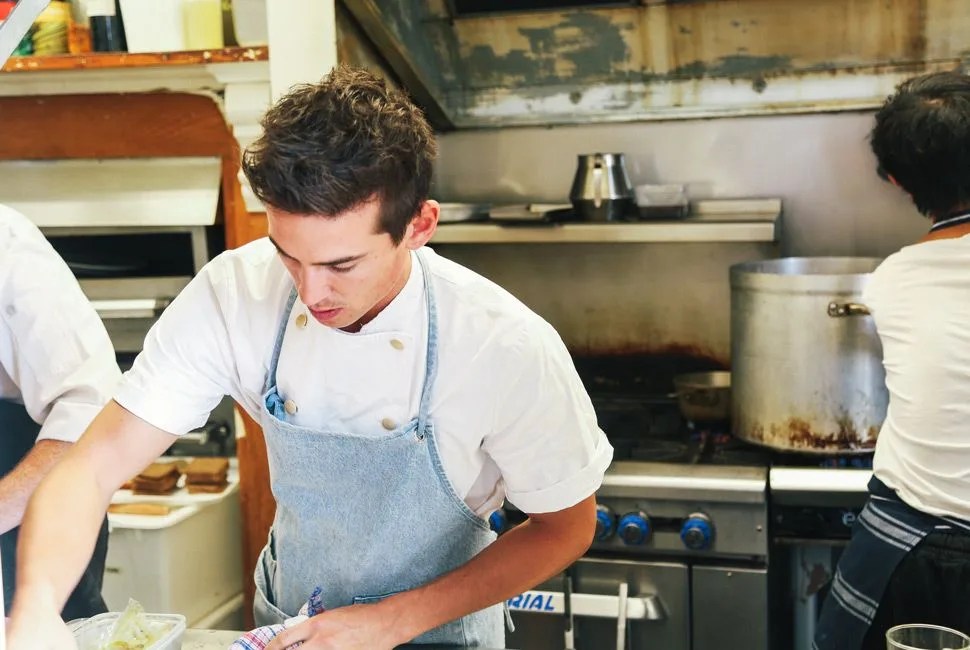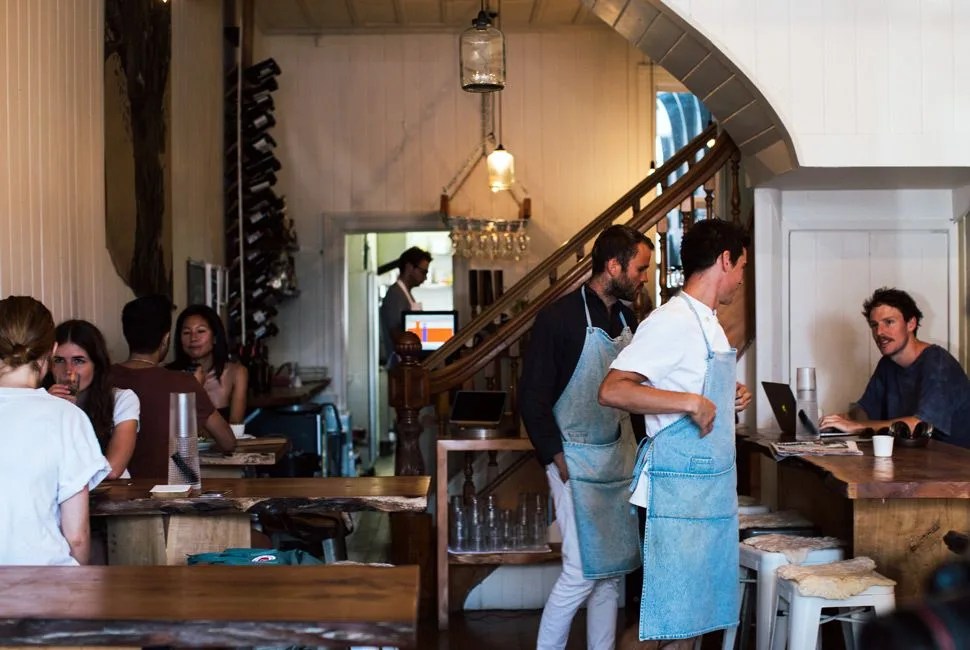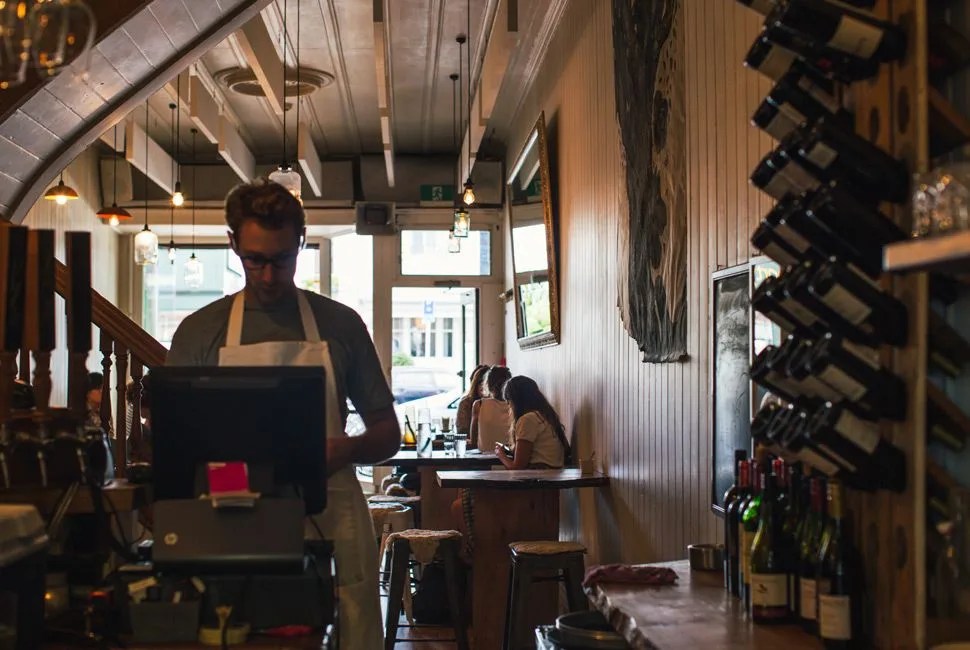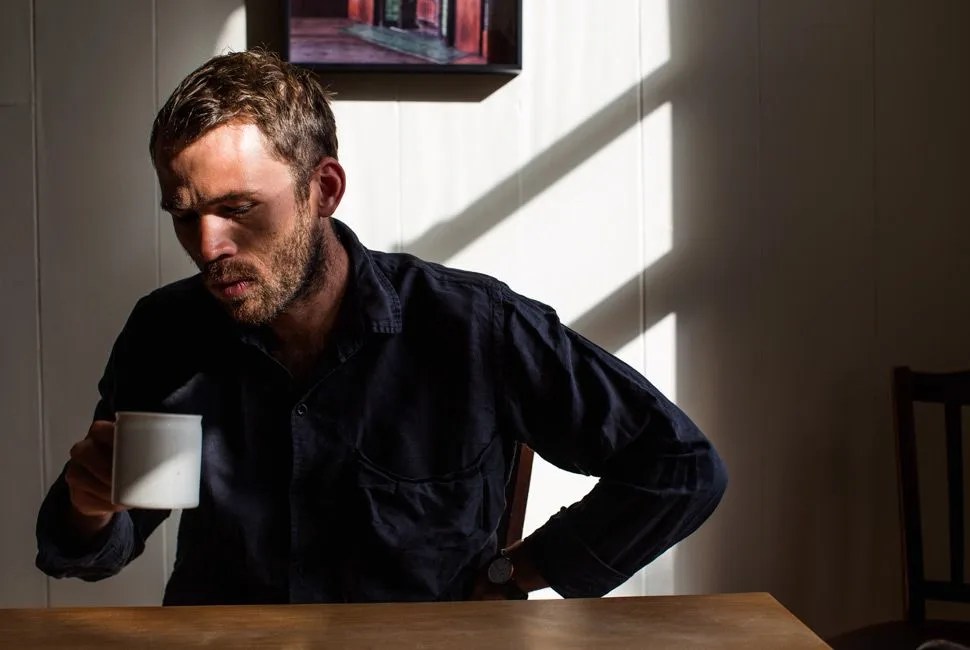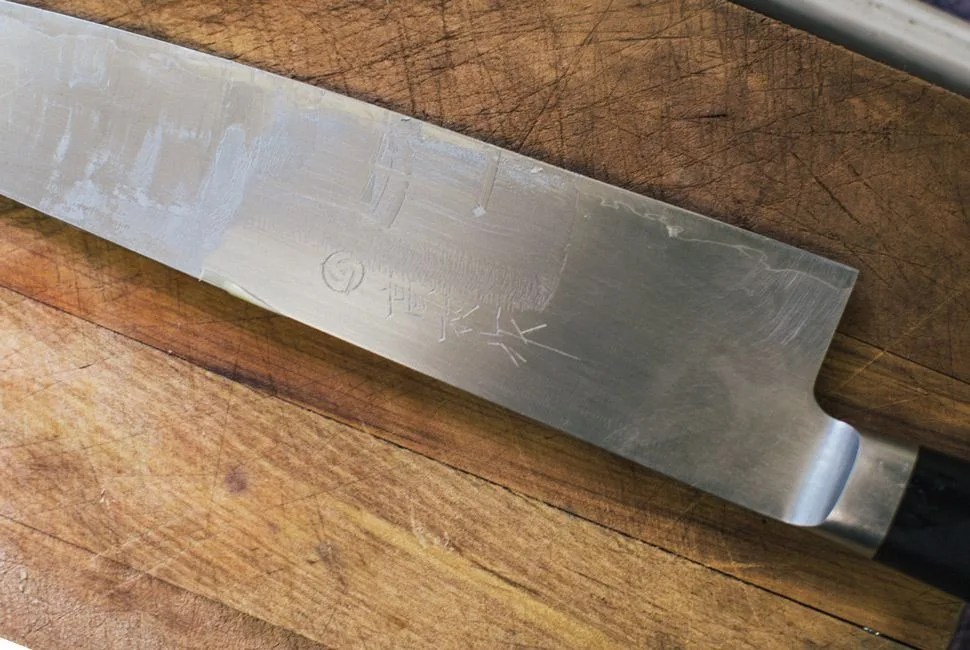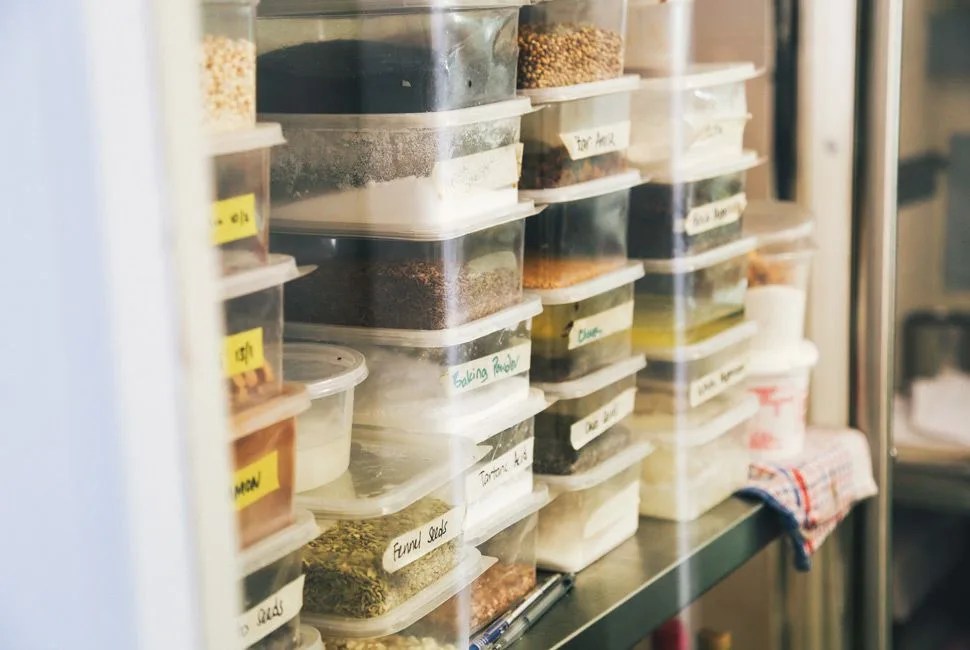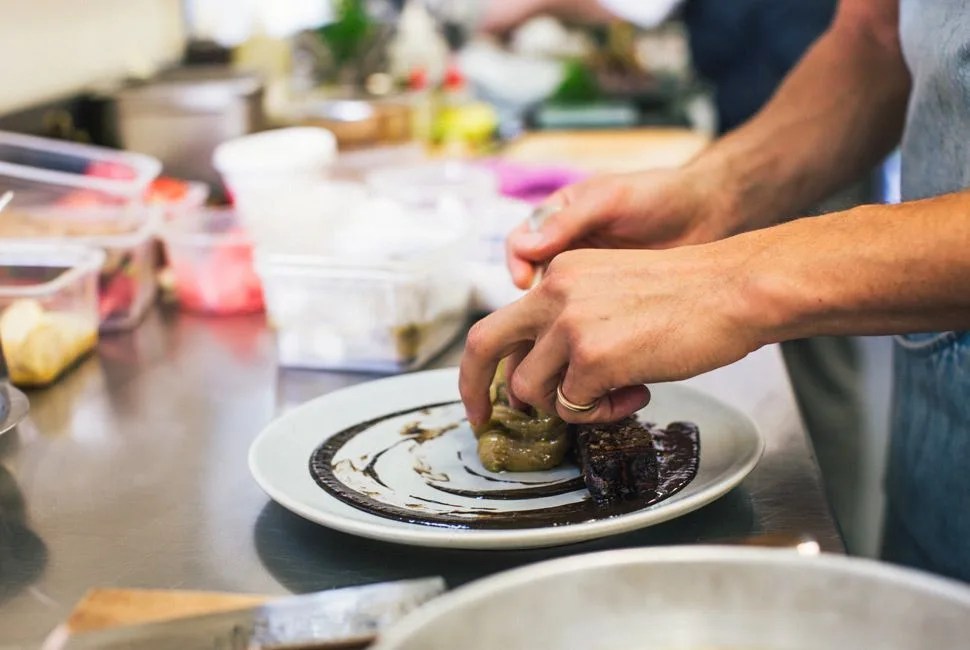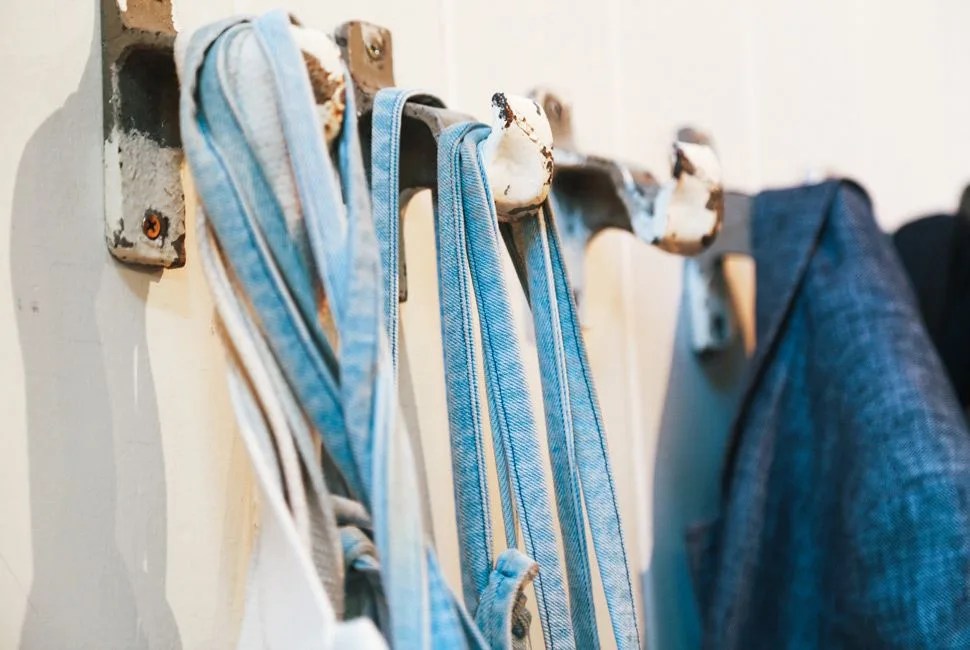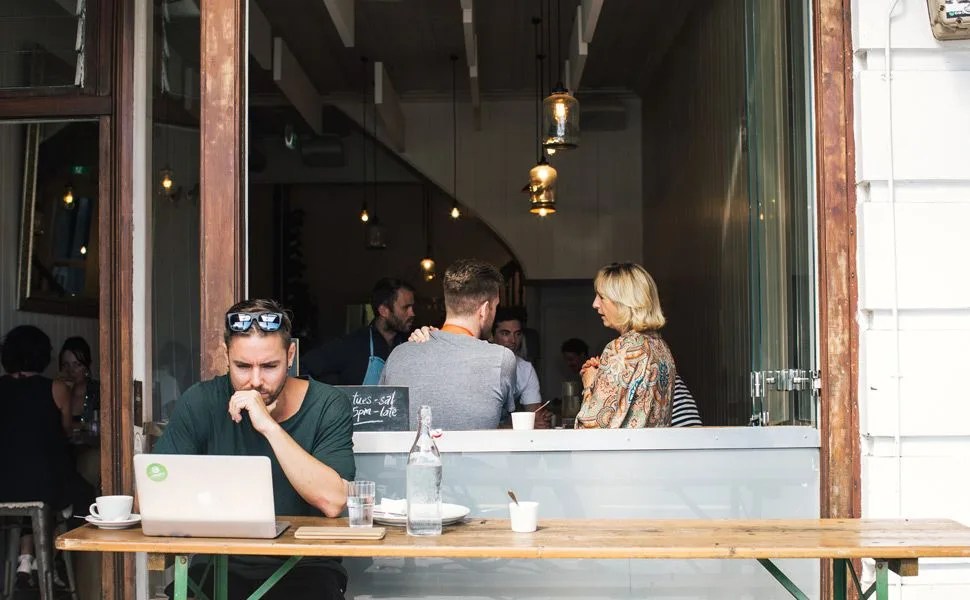12 photos
Bob Steiner does the ceramics. Troy Goodall the photography. Down in Blenheim, there’s a hunter who shoots wild boar, deer and other meats. The fish is long-line caught. Josh Helm and Tom Hishon, the co-proprietors, go foraging for wild herbs and watercress weekly. Hishon’s family owns a vineyard, Mountford Estate, which finds its place on the wine list. The two boys make all the furniture. They’re installing a grow wall on the back patio. Local bees provided the honey until just recently, when the hive was struck by a disease. Hishon points out the empty hive, sitting on the roof over the kitchen. “Next couple of months, it’ll come back,” he says.
If you’re looking for the new wave of localized cuisine, Orphans Kitchen is it. In the heart of Auckland’s hip Ponsonby Road, Orphans is doing things exactly as its two loyal, local proprietors like to. “I tell staff to look after people like they are an old friend,” Helm says. It’s a place that isn’t about pretension; it’s about good, local food.
“This restaurant started as a silly rag. And it’s still evolving,” says Helm, who runs the front of house. Tom Hishon, the London-trained chef (he came up at Tom Aikens and Wild Honey), defines it more clearly. If Helm is a charismatic yet unintentionally aloof character, Hishon is hyper alert, deliberate. He’s careful with words and actions. One can see how Helm handles the casual aura of the restaurant, while Hishon labors over finely tuned techniques in the kitchen.
“This restaurant started as a silly rag,” says Helm, who runs the front of house. “And it’s still evolving.”
“When we first opened up Orphans Kitchen, I really struggled to sort of define what cuisine I was doing,” Hishon says. “Now, it has become more apparent to me that modern New Zealand dining and cuisine is what we are doing here.” Modern New Zealand cuisine, though, is an amorphous category. This is a young country. They’re still figuring out what Kiwi food looks like.
“What I really try to do is showcase the produce as best I can without taking away the beauty of it,” Hishon says. “I try to be creative and use technique where it is applicable, but I don’t want to put all of these random flavors together and make something that tastes like it could be from anywhere.”
